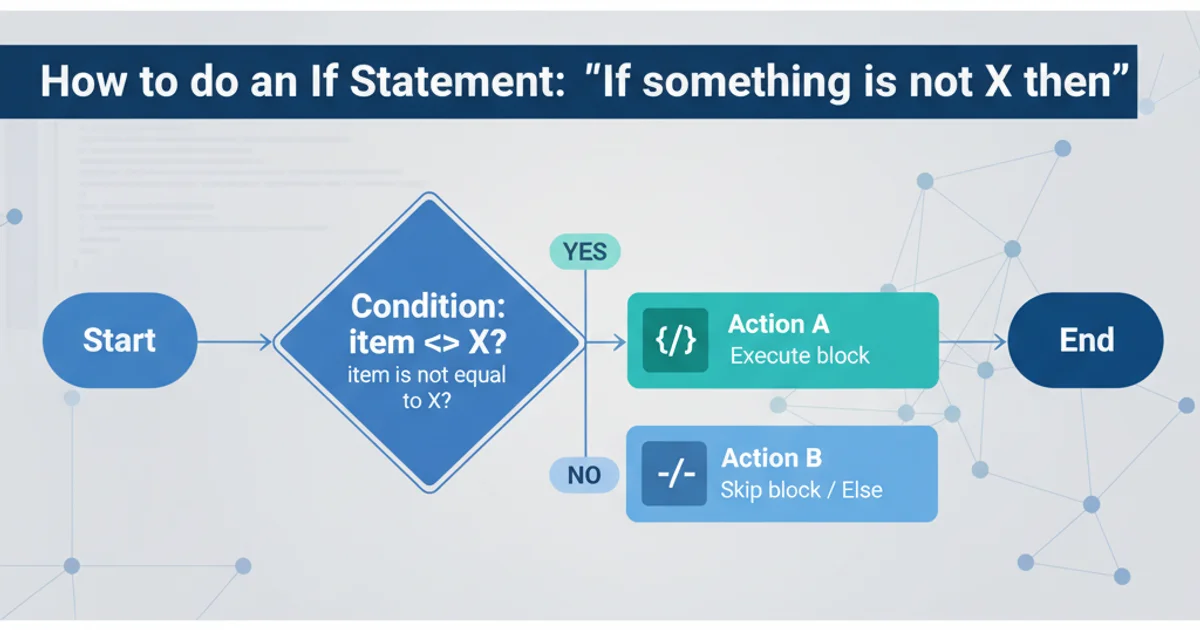find current moscow time using c#
Categories:
Mastering Time Zones: How to Get Current Moscow Time in C#

Learn how to accurately retrieve and convert to Moscow Standard Time (MSK) in your C# applications, handling daylight saving and time zone complexities.
Working with time zones in software development can be tricky, especially when dealing with specific geographical regions like Moscow. Moscow Standard Time (MSK) is UTC+3, but simply adding three hours to UTC is not always sufficient due to potential daylight saving changes or historical adjustments. This article will guide you through the correct and robust methods to obtain the current Moscow time using C# and the .NET framework, ensuring accuracy and reliability in your applications.
Understanding Time Zones in .NET
The .NET framework provides powerful tools for handling time zones through the TimeZoneInfo class. This class allows you to retrieve information about any time zone recognized by the operating system, including its display name, base UTC offset, and rules for daylight saving time. Directly manipulating DateTime objects with fixed offsets can lead to errors, especially when applications run on systems with different time zone settings or when dealing with historical dates.
flowchart TD
A[Start] --> B{Get UTC Now}
B --> C[Find 'Russian Standard Time' TimeZoneInfo]
C --> D{Handle TimeZoneInfo Not Found?}
D -- No --> E[Convert UTC to Moscow Time]
D -- Yes --> F[Fallback or Error]
E --> G[Display Moscow Time]
F --> G
G[End]Flowchart for obtaining Moscow Time in C#
Retrieving Moscow Time Using TimeZoneInfo
The most reliable way to get Moscow time is to use the TimeZoneInfo.FindSystemTimeZoneById method. The identifier for Moscow Standard Time is typically "Russian Standard Time" on Windows systems and "Europe/Moscow" on Linux/macOS systems. It's crucial to handle cases where the time zone might not be found, as identifiers can vary slightly across operating systems or versions.
using System;
public class MoscowTimeConverter
{
public static DateTime GetCurrentMoscowTime()
{
string moscowTimeZoneId = "Russian Standard Time"; // Common for Windows
// For cross-platform compatibility, consider checking both IDs or using NodaTime
// On Linux/macOS, it's typically "Europe/Moscow"
// You might need a conditional check or a try-catch block for robustness
TimeZoneInfo moscowTimeZone;
try
{
moscowTimeZone = TimeZoneInfo.FindSystemTimeZoneById(moscowTimeZoneId);
}
catch (TimeZoneNotFoundException)
{
// Fallback for non-Windows systems or if the ID changes
moscowTimeZoneId = "Europe/Moscow";
try
{
moscowTimeZone = TimeZoneInfo.FindSystemTimeZoneById(moscowTimeZoneId);
}
catch (TimeZoneNotFoundException)
{
Console.WriteLine($"Error: Time zone '{moscowTimeZoneId}' not found on this system. Falling back to UTC.");
return DateTime.UtcNow; // Fallback to UTC if Moscow time zone is not found
}
}
DateTime utcNow = DateTime.UtcNow;
DateTime moscowTime = TimeZoneInfo.ConvertTimeFromUtc(utcNow, moscowTimeZone);
return moscowTime;
}
public static void Main(string[] args)
{
DateTime currentMoscowTime = GetCurrentMoscowTime();
Console.WriteLine($"Current Moscow Time: {currentMoscowTime}");
Console.WriteLine($"Current Moscow Time (UTC Offset): {currentMoscowTime.Kind}");
}
}
C# code to get current Moscow time using TimeZoneInfo.
NodaTime library. It provides a more comprehensive and less error-prone API for date and time operations.Cross-Platform Considerations and NodaTime
The TimeZoneInfo identifiers can differ between Windows and Unix-like operating systems. While "Russian Standard Time" works on Windows, "Europe/Moscow" is the standard IANA time zone identifier used on Linux and macOS. For applications that need to run on multiple platforms, you'll need to account for these differences. A common approach is to try both identifiers or use a library like NodaTime, which abstracts away these platform-specific details.
using System;
using NodaTime;
public class NodaTimeMoscowConverter
{
public static ZonedDateTime GetCurrentMoscowTimeNodaTime()
{
// Get the IANA time zone provider
var timeZoneProvider = DateTimeZoneProviders.Tzdb;
// Find the Moscow time zone
DateTimeZone moscowTimeZone = timeZoneProvider.GetZoneOrNull("Europe/Moscow");
if (moscowTimeZone == null)
{
Console.WriteLine("Error: 'Europe/Moscow' time zone not found. Falling back to UTC.");
return SystemClock.Instance.GetCurrentInstant().InUtc();
}
// Get the current instant in UTC
Instant now = SystemClock.Instance.GetCurrentInstant();
// Convert to Moscow time zone
ZonedDateTime moscowTime = now.InZone(moscowTimeZone);
return moscowTime;
}
public static void Main(string[] args)
{
// Ensure NodaTime is installed via NuGet: Install-Package NodaTime
ZonedDateTime currentMoscowTime = GetCurrentMoscowTimeNodaTime();
Console.WriteLine($"Current Moscow Time (NodaTime): {currentMoscowTime}");
Console.WriteLine($"Current Moscow Time (NodaTime Offset): {currentMoscowTime.Offset}");
}
}
Getting Moscow time using the NodaTime library for cross-platform robustness.
DateTime.Now or DateTime.ToLocalTime() when dealing with specific time zones, as these methods are dependent on the local machine's time zone settings and can lead to incorrect results in distributed systems or when deployed to different regions.